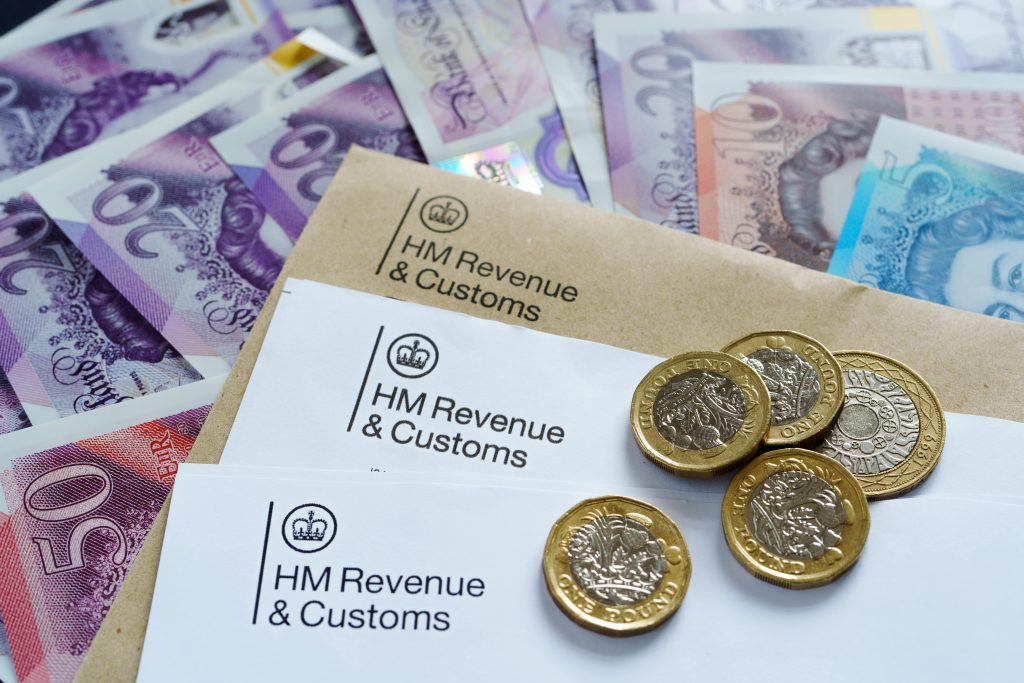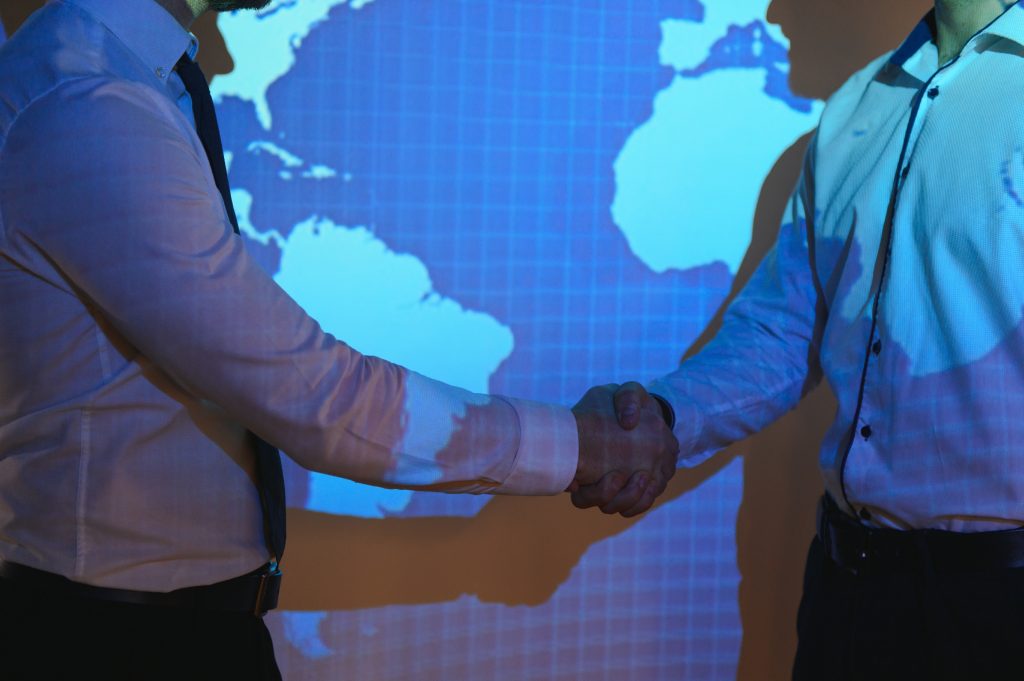His achievement seems surprising, given that India is often criticised by the world’s developed nations for not doing enough to tackle climate change.
They obviously haven’t heard about leaders like Tanti, who rattle off carbon facts like most football pundits reel of league positions after Sunday matches.
It all started with his attempt to hedge his factory’s energy costs by importing two wind turbines, with a capacity of just three MW, which grew exponentially as his peers asked him to supply the same for their energy needs.
By 2007, he’d taken on the biggest and best in this industry and, by this time, supplied more than 6,000 MW the world over, becoming Asia’s largest wind turbine manufacturer.
Suzlon Energy operates wind farms in 20 countries, and they plan to be in another 20 countries in the next five years – buoyed by the high oil prices that have finally made wind power competitive.
Tanti was quick to grasp the potential market opportunities in India in supplying climate change technologies because, he felt, they worked with the grain of India’s culture: “India uses just 661KW of energy a year – the lowest energy consumption in the world. Indians don’t have the luxury of excess, so they make use of what is available.
“From day one, Indians have been recycling. We are always finding ways to reutilise our rubbish. By birth, Indians have energy efficiency in their system. A small house will switch on just one bulb at night to keep their energy bills low.
“Even in wind power, India is the fourth-largest after Germany, US, and Spain. Why is it not another developed country” Why is India ahead Simply because we know our resources are limited and we learn to make the best use of them”.
Secondly, Tanti offers a lesson in maintaining control of the supply chain to ensure that quality is retained.
After finding that their external sales agents were limiting their chances for expansion, Suzlon Energy decided to bring all of their operations in-house, ignoring the conventional advice that a business should be kept lean by contracting out as many functions as possible.
Tanti has learned that his company needs to be an ambitious “end-to-end” solution provider, selling as well as purchasing components and assembling technical kit.
Now he is no longer dependent on vendors to grow his business. During the past five years, the Indian market has grown at 20 per cent, while Suzlon has been growing at 80 per cent – taking the sales function in-house has allowed him to grow four times faster than the market average.Vikas Pota is managing director of Saffron Chase and the author of India Inc: How India’s Top Ten Entrepreneurs Are Winning Globally, which narrates the journeys of ten Indian entrepreneurs. He regularly appears on CNN, BBC News 24, BBC World TV and Al-Jazeera.
Related articles:Kiran Mazumdar-Shaw: India’s mother of invention





















































































































































